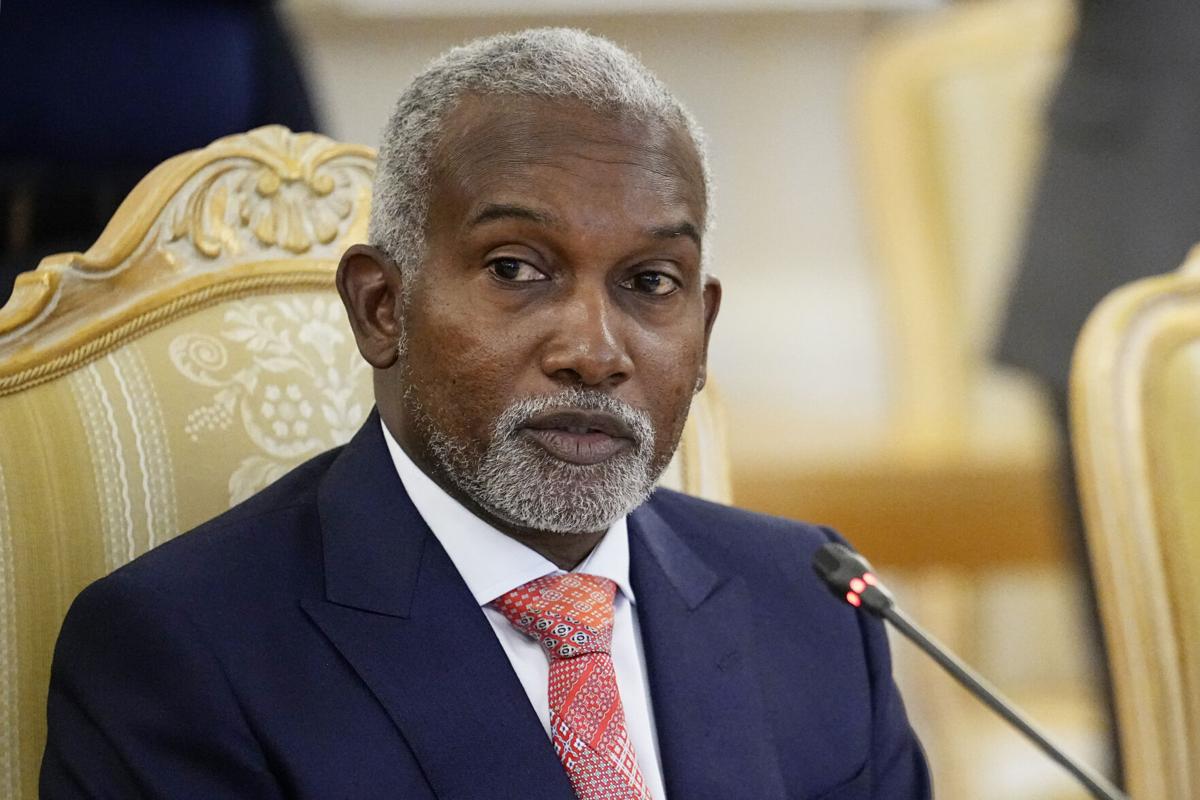Nigeria’s Minister of Foreign Affairs, Yusuf Tuggar, has said the country is leveraging the Tokyo International Conference on African Development (TICAD) to deepen relations with Japan while advocating for Africa’s inclusion in global decision-making bodies.
Gatekeepers News reports that speaking on the sidelines of the ninth TICAD summit on Wednesday, Tuggar noted that the gathering brings together the African Union (AU), the United Nations (UN), and the World Bank, creating space for critical dialogue.
He said, “Japan, as we are aware, is the third largest economy in the world, and they have two organs of engaging with Africa. There is Japan International Cooperation Agency, which is the Japan agency that deals with overseas development assistance.”
“There is the Japan External Trade Organisation, which is the Japanese organ that deals with trade abroad. And in the case of Nigeria, we have had engagements in the power sector. There’s a transmission project going on in Nigeria being supported by this organ.”
He explained that Nigeria also exports agricultural products, including shea butter, cassava, and acha grain — which is in high demand in Japan. Hydrocarbons, he added, remain a key export, with current trade volumes valued at around $1 billion, noting that “we’re looking to expand that.”
Beyond trade, Tuggar stressed that TICAD provides an avenue for Africa to advance its political and institutional interests. With at least 17 heads of state expected at the summit, Nigeria is lobbying for representation in major international institutions, including the UN Security Council, the International Court of Justice (ICJ), the Organisation for the Prohibition of Chemical Weapons, and the International Maritime Organisation (IMO).
Highlighting the need for reform in the world’s financial system, Tuggar said, “Unless we have that reform in the global financial architecture, we cannot benefit and Africa as a whole cannot benefit, so it does not benefit us if others are not also making progress.”
He added, “Some of the things that are being tabled here — because like I said, the United Nations is here, the World Bank is here — has to do with the issues of debt, debt rescheduling, and debt restructuring, and in the case of Nigeria, because it is a leading economy on the continent, we seek to do what Japan did here.”
Drawing parallels with Japan’s post-war economic expansion, Tuggar pointed to the “flying geese effect,” where Japanese corporations spread across Asia in the 1960s and 1970s.
He said, “We’re already doing that. If you look at the continent, you’ll see that Nigeria has its banks in other countries. It is Zenith, it is GTBank, it is UBA, it is Access Bank.”
“If you look at businesses – Dangote, BUA, Sahara, and many others like TGI. If we continue as a government to support that, which is what Japan did deliberately… which is what the president is committed to, that way we can create those jobs for our teeming youth, tackle the issue of unemployment, and of course those macroeconomic reforms of President Tinubu are already in progress and we’re beginning to feel the positive effects.”
Tuggar underscored the necessity of Nigeria’s voice at international forums, stressing that the country must be present at the highest levels of global governance, which is why the position in United Nations Security Council is needed.









